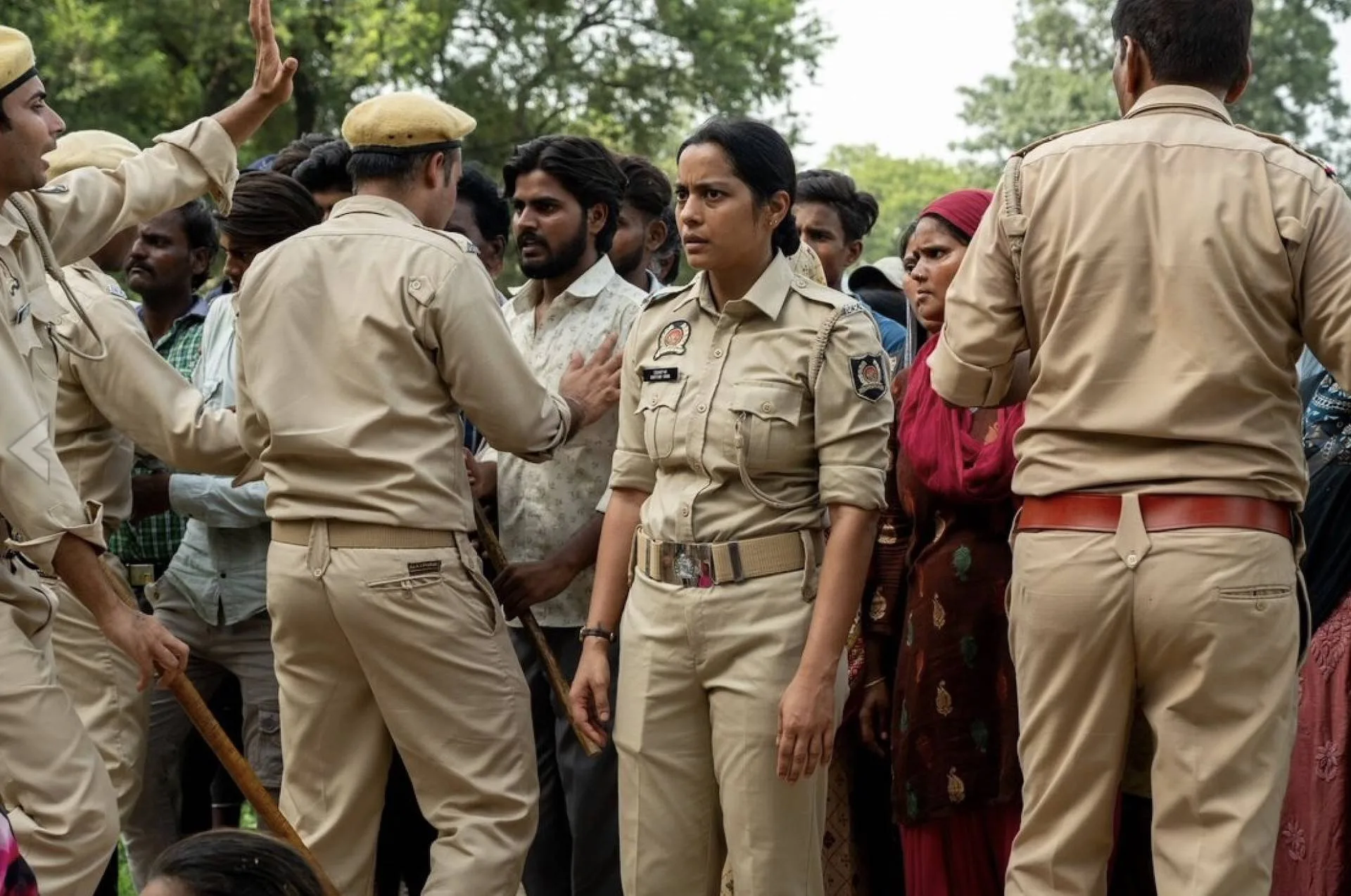No Arab country has yet to submit a film in the Oscar race for “Best International Film” (Best Foreign Film), and it will be noted th
No Arab country has yet to submit a film in the Oscar race for “Best International Film” (Best Foreign Film), and it will be noted that the crowding that occurred last year, when we found 9 countries submitted nine films in this race, may not happen this year. Same size.
Arabic posts
The Arab countries that submitted their films before the end of 2023 for the 2024 race were Saudi Arabia (for the first time with the film “The Grouper H.A.” by Abdullah Al-Quraishi), Egypt (via “Foy! Foy! Foy!” by Omar Hilal), and Iraq (“Hanging Gardens”). by Ahmed Yassin Al-Daradji), Jordan (“God willing, a boy” by Amjad Al-Rasheed), Morocco (“White Lie” by Asmaa Al-Dirara), Palestine (“Bye Bye Tiberias” by Lina Sweilem), Sudan (“Goodbye Julia” by Muhammad Kordovani), and Tunisia ( “Daughters of Olfa”), and Yemen (“The Exhausted” by Amr Gamal).
This year, and even today, the number of Arab countries applying for the Oscar for Best International Film is only six, with the possibility of the absence of Tunisian, Sudanese and Lebanese productions: Algeria (a film called “Algeria” by Chakib Talib Ben Diab), and Egypt (“Flight 404” by Hani Khalifa). ), Iraq (“Messi Baghdad,” a Kurdish film by Sahim Omar Khalifa), Jordan (via Sarin Harabedian’s Armenian-language film My Sweet Land), Morocco (“Everybody Loves Touda” by Nabil Ayouch), and Palestine (“Untold Stories from Gaza from Distance Zero” directed by 22 individuals).
None of these films have been seen except for “Flight 404,” which is a clear effort to present what is different, but that does not guarantee it an official nomination because what is different is a common denominator for most of the films that have been nominated so far, which amount to 69 films from 69 countries.
As for the Palestinian subscription, no country has ever submitted a single subscription containing 22 low films. This is an immediate reminder of the neglect of this film, as well as the fact that such a group of films must contain works of different levels, which makes it more complex to accept this subscription in the first place.
Asian and European women
As for the global subscriptions, what was seen gives us an opportunity, albeit preliminary and early, to read what might actually reach the five official nominations.
There, the Argentine film “Kill the Jockey”, which was recently seen in Venice, starts out strikingly and impressively, but it does not maintain this feature for long.
Nearby is the Brazilian film “I'm Still Here,” which is director Walter Sayles's comeback film after a long absence. A political drama about the period in which the extreme right took power in the country, and the complex crisis that a family goes through after the head of the family is arrested and his death is later announced.
These two films can be expected to enter the official list.
Germany submitted a film by Iranian Muhammad Rasoulof, “The Seed of the Sacred Fig Tree,” which financed most of its costs. As for Iran itself, it donated the film “Arms of the Tree” by Babak Lotfi Khajabasha.
There are several Asian films worth drawing attention to, one of which is the Kyrgyz film “Paradise Under the Feet of Mothers” by Ruslan Akun. It is about a 35-year-old man whose mental development stopped at the age of eight. He accompanies his mother on foot towards the holy city of Mecca to perform the Hajj.
British film “Santosh” (MK Films)
From Indonesia, we find “Women from Root Island” by Jeremias Nyangun, which contains a story about the migration and return of a woman who was subjected to sexual assault. It is the 25th Indonesian entry and won the Jury Prize at the New York Asian Film Festival this year.
The Japanese film “Cloud” by Kiyoshi Kurosawa was seen at the last Venice Film Festival outside of competition and told the story of a teenage man who goes through a series of mysterious events that threaten his life.
The South Korean neighbor chose “12:12: Today” by Kim Sung-soo, which dealt with events that occurred in 1979 when military leader Chun Doo-hwan sought to carry out a military coup in the country.
Naturally, European countries are moving forward confidently towards this electrifying field, with a gigantic presence consisting so far of 35 countries, including countries whose presence is repeated every year, such as Britain, the Netherlands, France, Switzerland, Sweden, Germany, Portugal, Spain, Poland, and Denmark.

The latter shows a black-and-white film by Magnus von Horn entitled “The Girl With the Needle,” which revolves around events that actually occurred between 1913 and 1920.
While Jordan adopted an Armenian-language film, and Germany adopted a Persian film, we find Britain moving forward with an Indian film that had previously received critical appreciation, entitled “Santosh.” Its events take place in India against the backdrop of Sandhya Suri’s film, and it witnessed its world premiere in the “Un Certain Regard” section in Cannes Film Festival this year.

COMMENTS